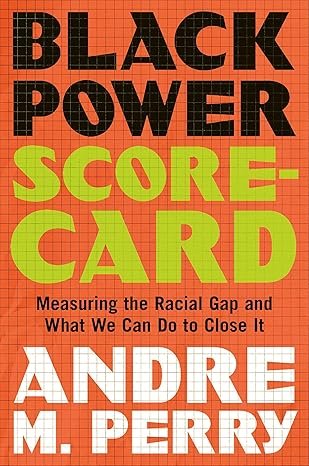Exploring Civil Rights: The Movement 1960
Key events of the Civil Rights Movement will be brought to life in this exciting and informative new series.
The year 1960 was a turning point in the civil rights movement as young Black men and women became peaceful warriors for change. In February, four Black college students, known as the Greensboro Four, were refused service at a lunch counter in North Carolina. Their sit-in inspired similar protests across the country, demonstrating the ideals of civil disobedience and nonviolent resistance. In November, as the year drew to a close, the nation’s eyes were on Ruby Bridges, a Black first grader who bravely integrated the William Frantz Elementary School in New Orleans. Desegregation would create a crisis of law and order throughout the South as the decade continued.
The years from 1955 to 1965 are at the heart of the civil rights movement―from the Montgomery bus boycott to the Voting Rights Act. The contributions of key activists, including Rosa Parks, Dr. Martin Luther King Jr., John Lewis, Barbara Nash, and Malcolm X, are part of the narrative. Demonstrations of passive resistance and legal challenges were often met with bloodshed and violence against Black Americans fighting to end segregation and discrimination. Yet the courage of those yearning for equal opportunities under the law ultimately produced legislation affirming that every American should have the same constitutional rights, regardless of color, race, or gender.
Key events of the Civil Rights Movement will be brought to life in this exciting and informative new series.
The year 1960 was a turning point in the civil rights movement as young Black men and women became peaceful warriors for change. In February, four Black college students, known as the Greensboro Four, were refused service at a lunch counter in North Carolina. Their sit-in inspired similar protests across the country, demonstrating the ideals of civil disobedience and nonviolent resistance. In November, as the year drew to a close, the nation’s eyes were on Ruby Bridges, a Black first grader who bravely integrated the William Frantz Elementary School in New Orleans. Desegregation would create a crisis of law and order throughout the South as the decade continued.
The years from 1955 to 1965 are at the heart of the civil rights movement―from the Montgomery bus boycott to the Voting Rights Act. The contributions of key activists, including Rosa Parks, Dr. Martin Luther King Jr., John Lewis, Barbara Nash, and Malcolm X, are part of the narrative. Demonstrations of passive resistance and legal challenges were often met with bloodshed and violence against Black Americans fighting to end segregation and discrimination. Yet the courage of those yearning for equal opportunities under the law ultimately produced legislation affirming that every American should have the same constitutional rights, regardless of color, race, or gender.
Key events of the Civil Rights Movement will be brought to life in this exciting and informative new series.
The year 1960 was a turning point in the civil rights movement as young Black men and women became peaceful warriors for change. In February, four Black college students, known as the Greensboro Four, were refused service at a lunch counter in North Carolina. Their sit-in inspired similar protests across the country, demonstrating the ideals of civil disobedience and nonviolent resistance. In November, as the year drew to a close, the nation’s eyes were on Ruby Bridges, a Black first grader who bravely integrated the William Frantz Elementary School in New Orleans. Desegregation would create a crisis of law and order throughout the South as the decade continued.
The years from 1955 to 1965 are at the heart of the civil rights movement―from the Montgomery bus boycott to the Voting Rights Act. The contributions of key activists, including Rosa Parks, Dr. Martin Luther King Jr., John Lewis, Barbara Nash, and Malcolm X, are part of the narrative. Demonstrations of passive resistance and legal challenges were often met with bloodshed and violence against Black Americans fighting to end segregation and discrimination. Yet the courage of those yearning for equal opportunities under the law ultimately produced legislation affirming that every American should have the same constitutional rights, regardless of color, race, or gender.
Publication Date: January 4, 2022
ISBN-10 : 1338769774
ISBN-13 : 978-1338769777
Author: Selene Castrovilla
Publisher: Children’s Press
Pages: 96





